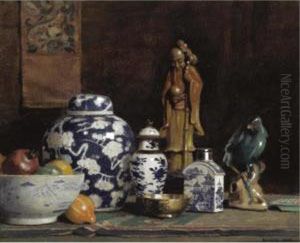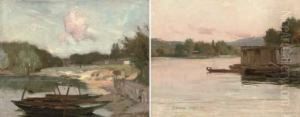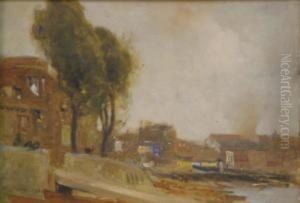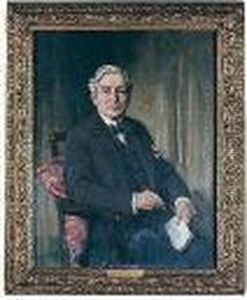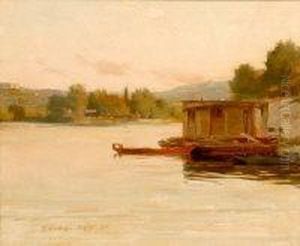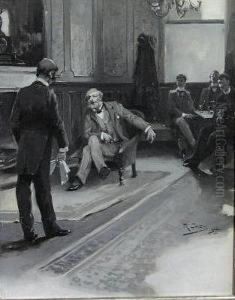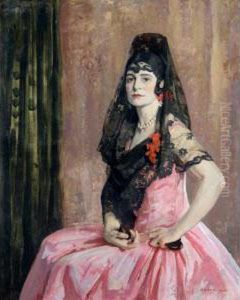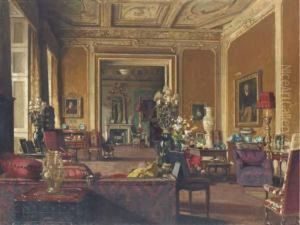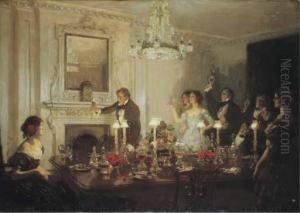Richard Jack Paintings
Richard Jack was a distinguished British painter known for his portraits and historical paintings. Born in Sunderland, England, on February 15, 1866, Jack showed an early interest in art and pursued his passion by studying at the York School of Art. He furthered his studies at the Royal College of Art in London, where he honed his skills in painting and drawing.
Jack's career was marked by significant achievements, including winning a traveling scholarship that allowed him to study in Paris. There, he was influenced by the works of French masters, which can be seen in the sophisticated use of light and color in his own paintings. After his time in Paris, Jack returned to England and began to establish himself as a leading portrait artist.
During World War I, Jack served as an official war artist, documenting the conflict through his artwork. His paintings from this period are considered valuable historical records of the war and have been praised for their emotional depth and realism. Following the war, he continued to receive commissions for portraits from notable individuals and institutions.
Jack was elected as a member of the Royal Academy of Arts in 1906 and later served as a professor of painting there. His contributions to the British art scene were recognized with various honors, including a knighthood in 1937. Richard Jack passed away in 1952, leaving behind a legacy as a respected artist of his era. His works are preserved in many galleries and collections, including the National Portrait Gallery in London and the Imperial War Museum.
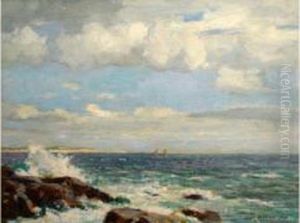
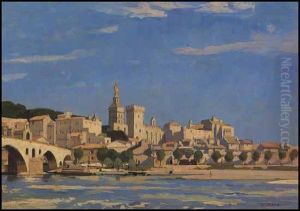
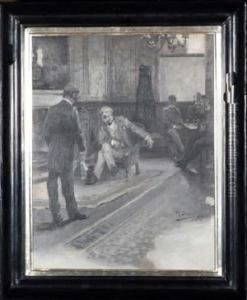

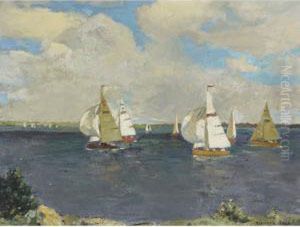
![[british -] Untitled](https://www.niceartgallery.com/imgs/1388477/s/richard-jack-british-untitled-e75e3739.jpg)
